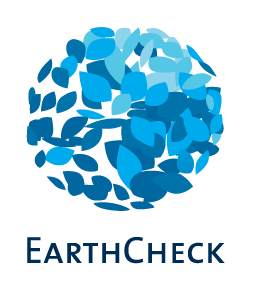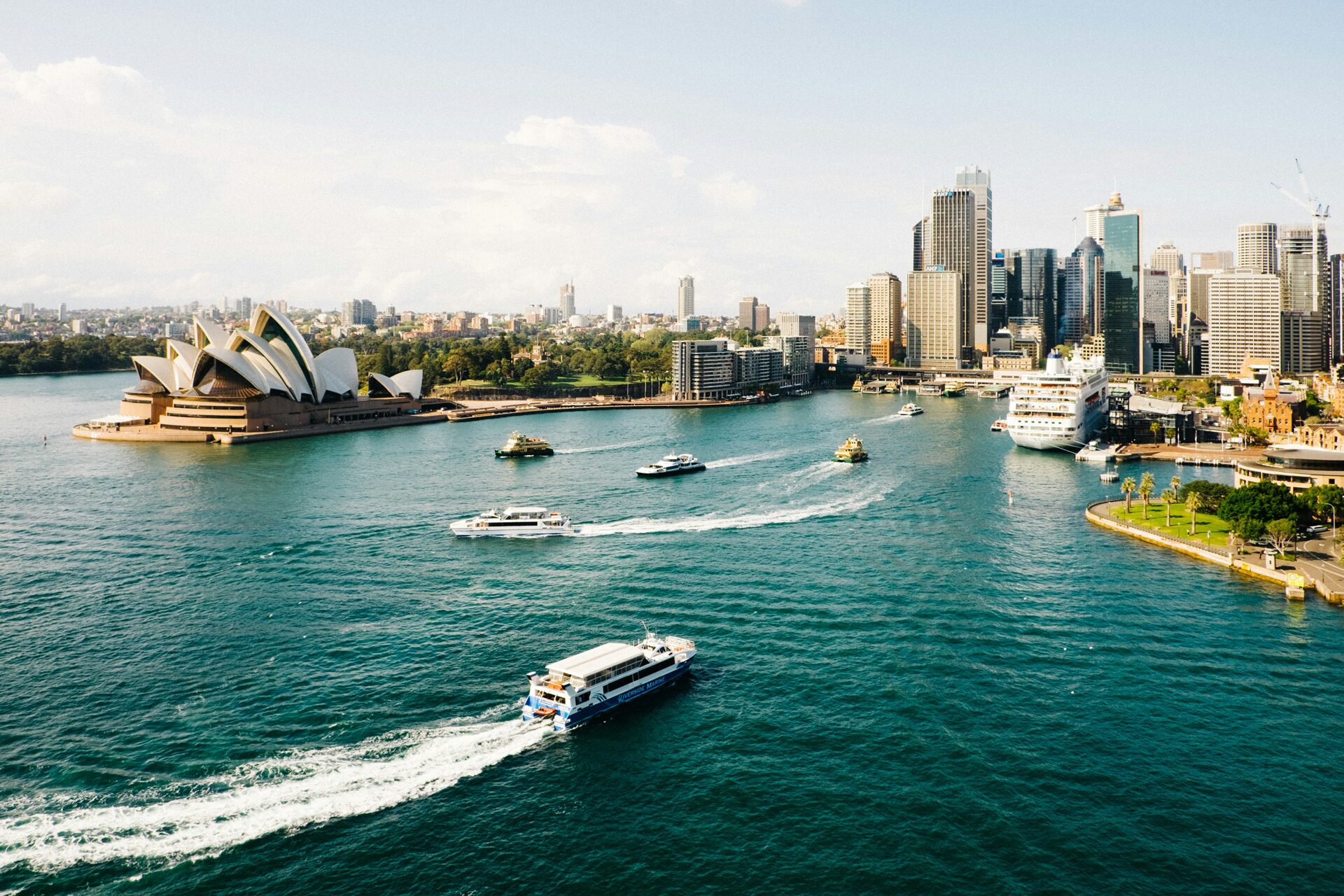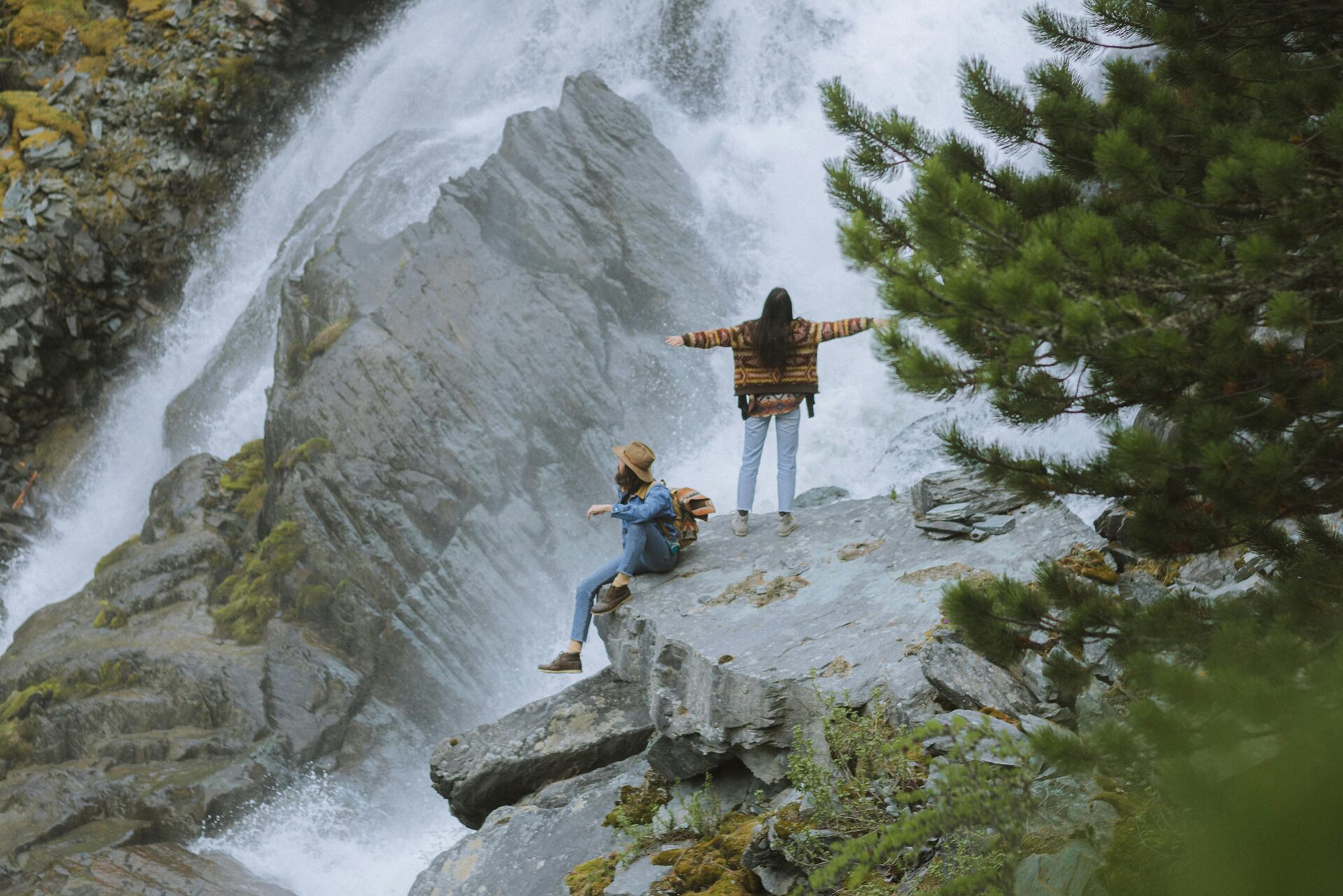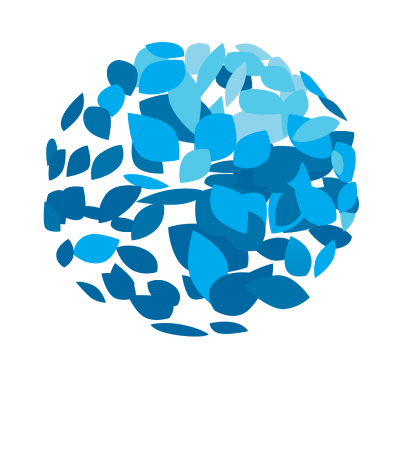Sustainability training has never been so simple. EarthCheck has partnered with Typsy, one of the world’s leading online training providers, to offer quick, accessible courses that are helping professionals across the visitor economy incorporate sustainable practices into their operations.
Demand for sustainable and responsible tourism is growing. Consumers around the world are making more mindful decisions, and seeking travel experiences that will have a positive impact on the destinations and communities they visit.
According to a recent booking.com report, which gathered insights from over 33,000 travellers across 35 countries and territories, 80 per cent of people now report that travelling more sustainably is important to them.
But for travel and tourism operators and their employees, it can be difficult to know how to start incorporating sustainable practices into their business, and how to communicate these practices to consumers.
Worse yet, the cost of sustainability training can be prohibitive, both in terms of dollar value and the time it takes to complete. Courses are typically expensive (upwards of $5000) and can take days to complete, which just isn’t realistic for many operators looking to get their staff up to speed on sustainability.
The reality is that the tourism industry won’t be sustainable until everybody in the supply chain, from owners and managers to frontline employees, understands the importance of reducing their environmental impact – which means sustainability education has to be accessible and affordable.
That’s why EarthCheck, the world’s leading scientific benchmarking, certification and advisory group for travel and tourism, has teamed with Typsy, an online learning experience platform with a curated library of short video lessons, to develop and deliver a series of short, cost-effective courses on sustainability and responsible business practices.
EarthCheck currently offers three micro-credential courses through Typsy, ranging from just 54 to 63 minutes in length. Better yet, each course can be accessed for just $25, with a 15 per cent discount if you bundle all three together.
Stewart Moore, Founder and CEO of EarthCheck, says the micro-credential courses mean operators can finally arm themselves and their staff with the knowledge they need, for a price they can afford, while taking minimal time away from their work.
“What I like the most about this type of training is that it’s simple and easy to use,” he says. “It’s multi-platform friendly, and operators and staff can open it at any time and location. Because it’s on-demand, it can fit around diverse working schedules. Most importantly, you can track your teams’ progress and help staff progressively develop their skills and build their credentials.”
EarthCheck’s micro-credential courses break learning into manageable pieces. Designed with input from EarthCheck clients across the world, the micro-credential courses offer bite-size training and professional development for learners at various stages of their careers.
At the completion of each of the three courses, participants receive a digital certificate that they can share with their professional network.
Sustainability 101
The first EarthCheck micro-credential course to launch on Typsy, Sustainability 101 teaches learners the importance of sustainability principles, and why we should be looking to sustainable models of practice at home and at work to create a better future.
Dr Natasha Montesalvo, EarthCheck’s Principal Consultant for Destinations, Strategy & Insights, says the course can be used by employees at all levels to get their heads around what sustainability means, and how they can start applying it on the ground.
“Employees are often at the frontline of executing sustainability initiatives and processes within travel and tourism,” Dr Montesalvo says. “Additionally, most employee behaviour has some form of environmental impact – be it in the way a room attendant uses water and energy to clean a room, or the driving behaviour of a tour guide.
“The impact of one frontline employee might seem insignificant, but taken collectively, these behaviours contribute to the environmental footprint of travel and tourism operations – so reducing the environmental impacts of tourism operations means educating and motivating everyone who works in the tourism supply chain to act sustainably.
“Ultimately, this course explains why sustainability is so important in tourism and hospitality, and what you can do to start cultivating a mindset that leads to genuinely impactful action.
“It looks at real-world inspiration for achievable sustainable practices at work and at home, and demonstrates how engaging with sustainability can help operators connect with guests and expand their market reach.”
Sustainability Management
Designed for aspiring managers and owner-operators, this course explains the United Nations Sustainable Development Goals and teaches learners how to embed sustainable practices across their organisation.
From developing a sustainability policy through to measuring and benchmarking their carbon footprint, this course shares practical tips to help learners integrate sustainable management into their business vision in a strategic way.
“It’s about the combination of business strategies, operational capabilities, competencies and behaviours to complement your business performance with your sustainability outcomes,” Dr Montesalvo says.
“It covers a huge scope of issues, including economics, natural resources, community and culture across business operations.
“By the end of the course, learners will understand the importance of sustainability management and be able to start integrating it into their business vision, goals, policy, risk management and operational systems.”
Sustainability and Your Experience Delivery
A visitor’s journey doesn’t start when they arrive on your doorstep. It starts the moment they begin dreaming of a holiday.
That’s why this course – aimed at middle and senior management, as well as the people responsible for selling and delivering tourism experiences – unlocks the secrets of successful sustainable storytelling.
It shows learners how to deliver experiences that authentically connect guests to land, country and people, and how to highlight sustainable practices across the five phases of the visitor journey – dreaming, planning, booking, experiencing and sharing.
“Gone are the days where visitors were seeking products, services or possessions,” Dr Montesalvo says. “We’re in an era of experiences, where travellers are seeking to be transformed by the places they visit.
“This begins from the moment your visitor starts dreaming about their holiday, through to when they book, experience and return home to share the stories with their friends and families. That’s why we’ve designed this course, drawing on available resources from Tourism Australia, Tourism and Events Queensland and our other partners from around the world.
“Successful storytelling not only results in visitors leaving with the story of why your business is so special, but why the story is worth sharing. It’s about casting a lasting impression and inspiring them to return for more.”
Dr Montesalvo says successful sustainable storytelling leads to increased word-of-mouth business, repeat visitation, additional media publicity and coverage, and the opportunity to innovate without a large expense.
“Most importantly for sustainable tourism,” she adds, “good stories empower people to change the way they feel, think, act, and behave when they travel, which reflects what guests and communities want, need and are asking for.”
How to get started
Go to EarthCheck’s Typsy page, and start strengthening your skills and earning digital certificates to demonstrate your commitment to sustainable practices today.
